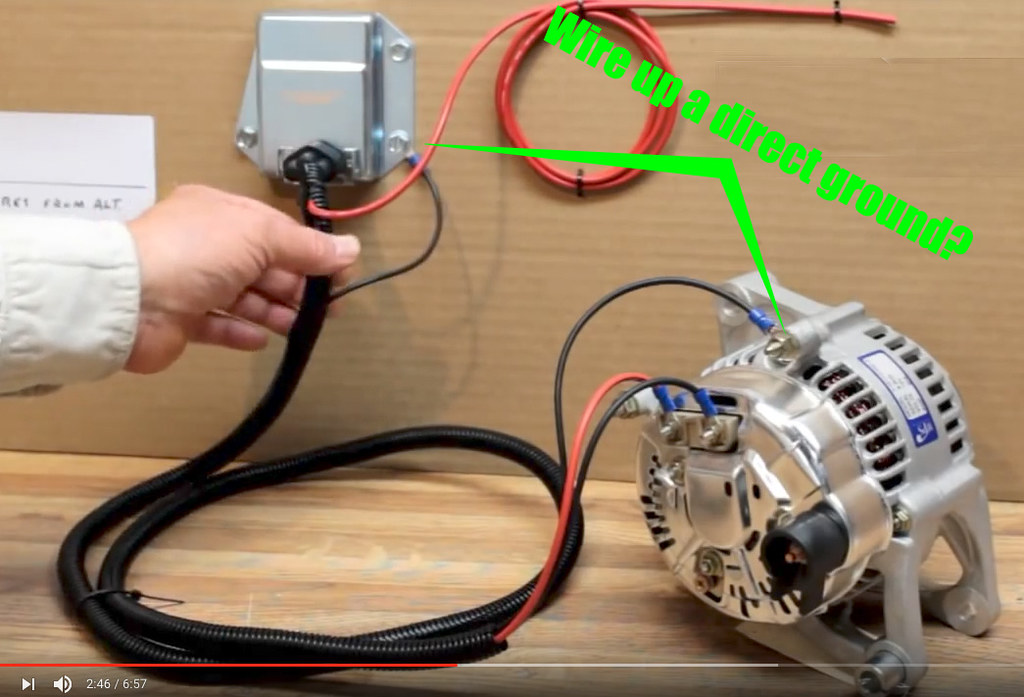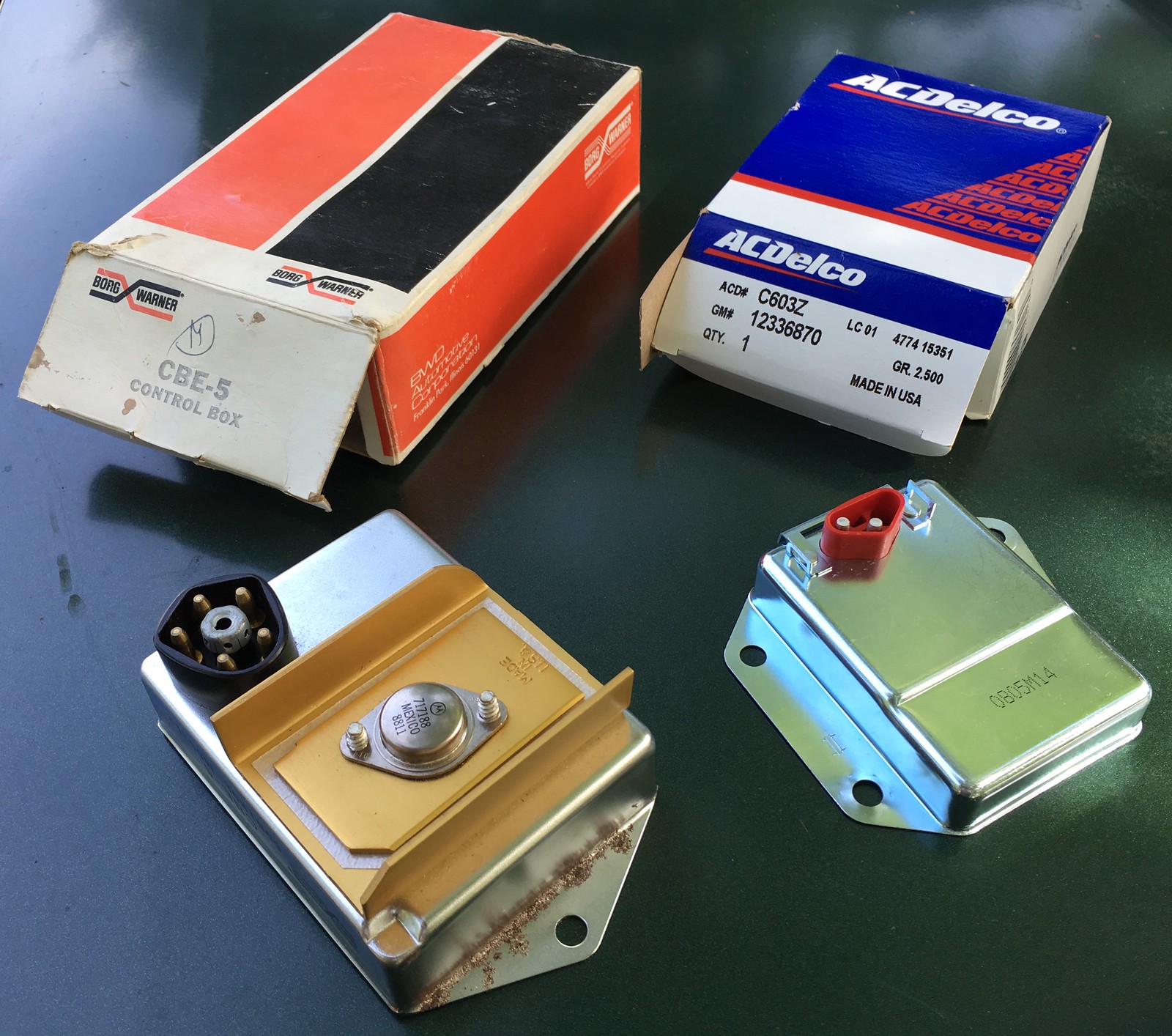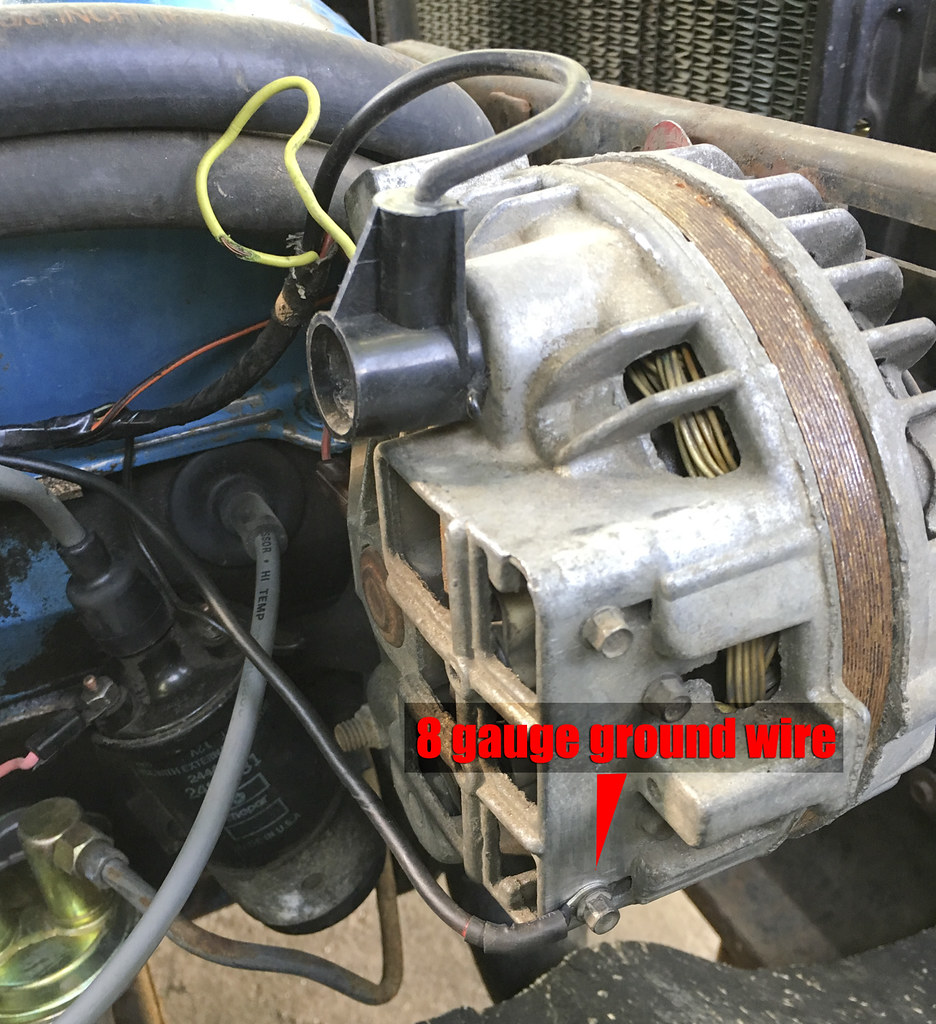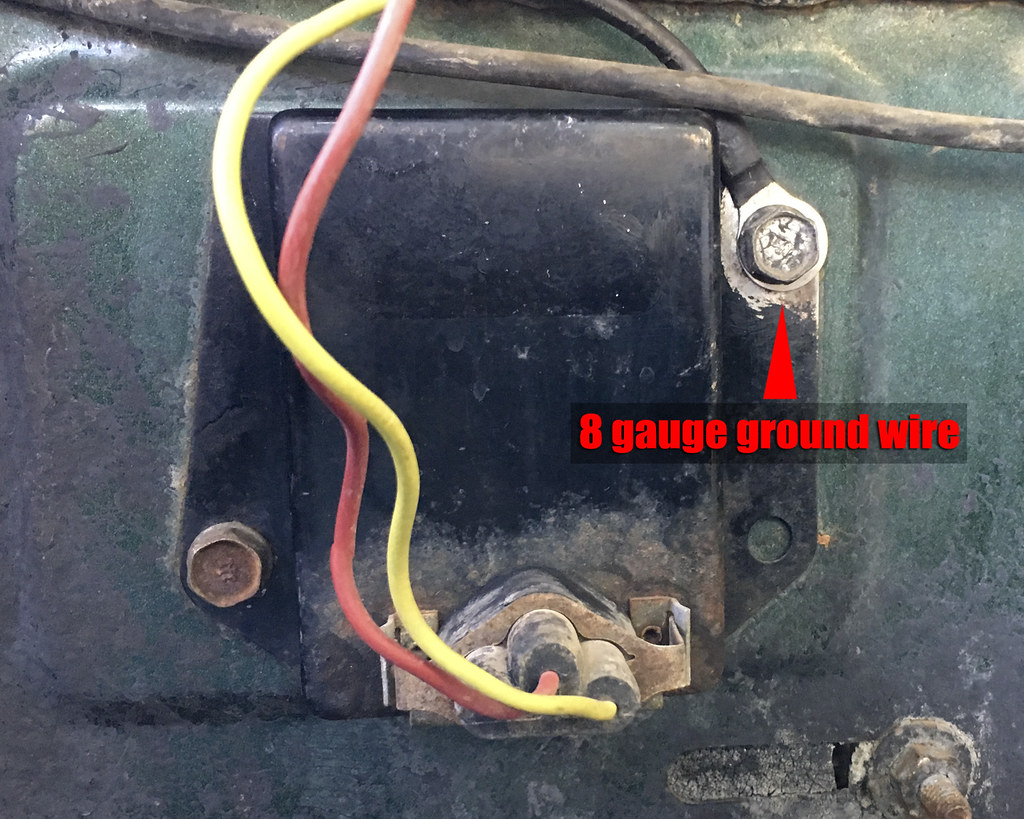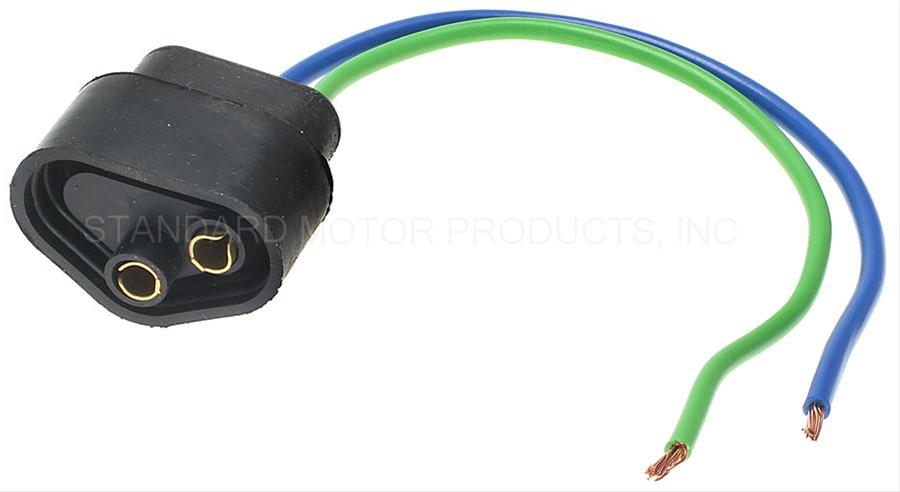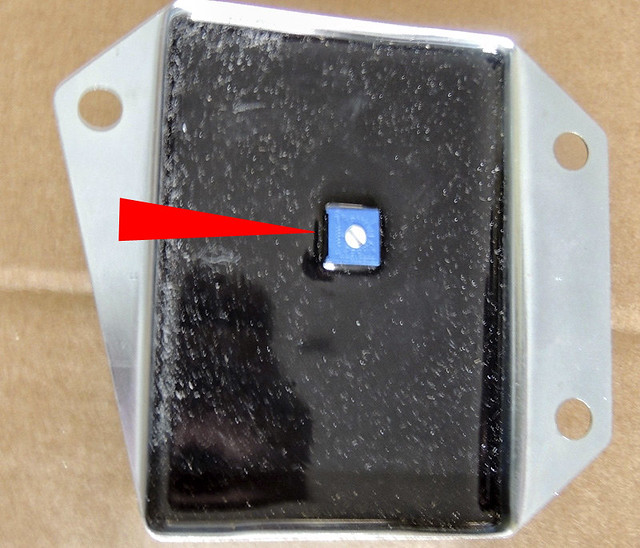I sourced a new (usa made) Delco voltage regulator on Amazon. Part number C603Z.
https://www.amazon.com/gp/product/B000C9QI96/
I wanted to swap out the OEM one in my pickup because I'm registering around 14.6 volts average when the truck is running. My battery is reading about 13.6V when you shut things down and about 12.8V in the morning before you try to start it.
So I was hoping the Delco regulator would get me closer to about 13.8vdc.
The Delco arrived and upon hooking it up, I'm averaging 15.6vdc (verfied with a chinese cigarette plug meter and my fluke multi meter across the battery posts.)
Every once in a while you would even see 16.0 volts. My headlights already seem bright to me for being the originals from 1974. But with the Delco they were even brighter, like I had my high beams on.
So I swapped it out. Is there a reason the voltage would be high in either case? Does the metal case of the VR need to be attached to a good ground in order to work properly? Mine is bolted to the firewall with two non-rusty bolts.
